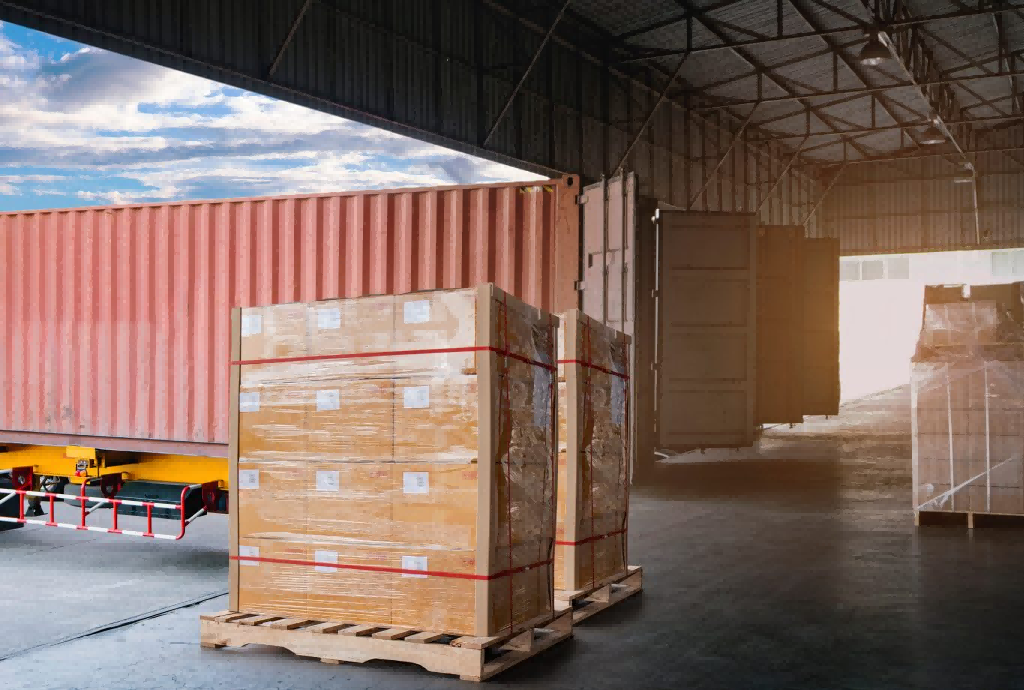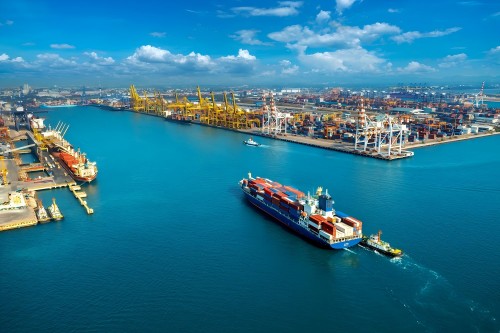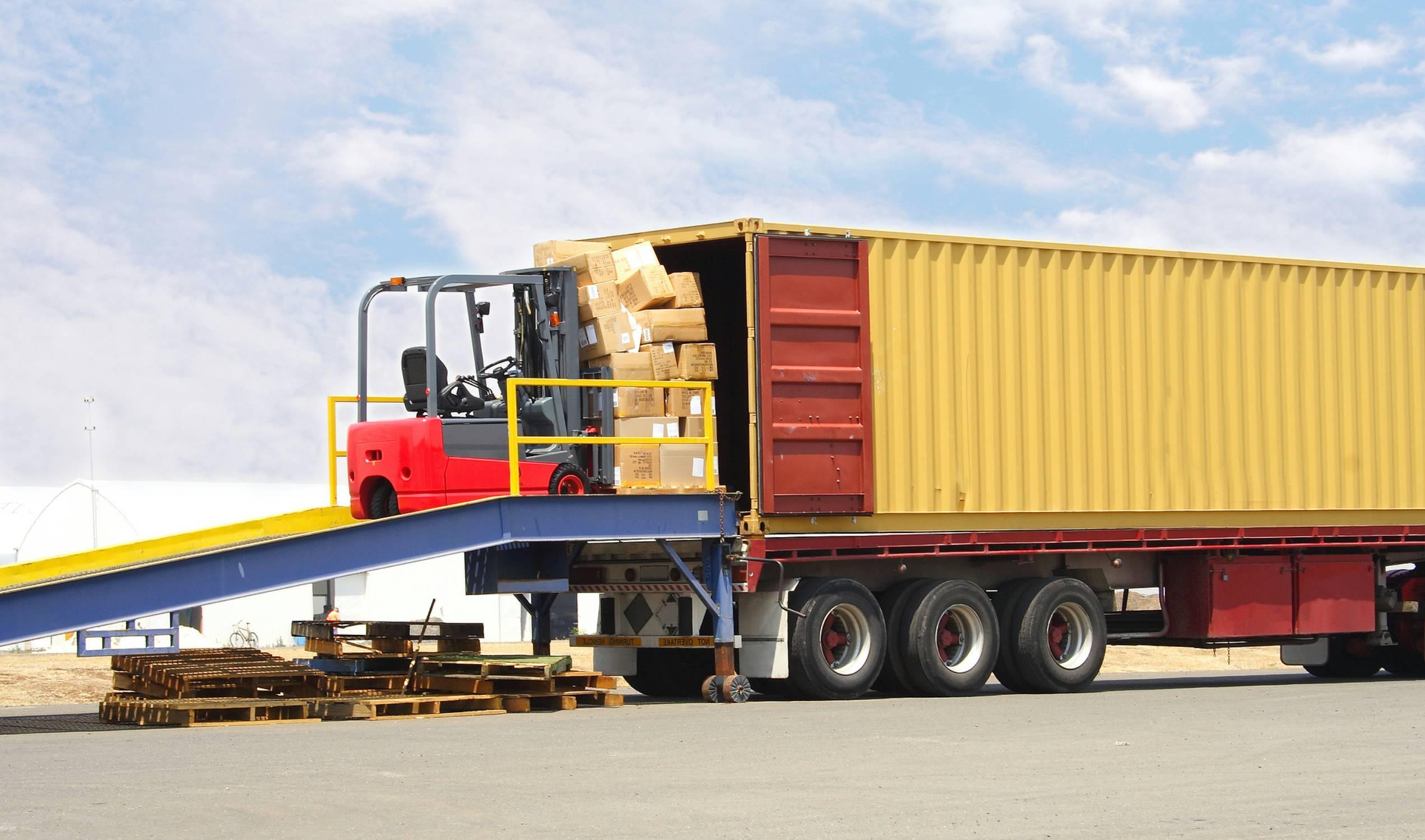Less Than Container Load (LCL Shipping)
For smaller shipments, our LCL service offers a cost-effective solution. We expertly consolidate cargo, ensuring that every item is well-protected in shared container space. Our extensive network and efficient warehousing minimize delays and streamline the shipping process, reducing costs and boosting delivery speed.
We secure space, manage transport and provide visibility for your LCL shipment from 200+ ports worldwide with our extensive global network.

Seamless Handling from Door to Door
More Than Sea Freight Options
LCL - Sea Freight
Most cost-effective and worldwide coverage.
LCL - Rail Freight
Faster than sea and available in Eurasian continent.
LCL - Road Freight
More flexible than rail freight and faster than sea freight.
LCL Shipment Tools

Weight & CBM Calculator
Calculating gross weight, CBM,RT, WM of your LCL shipment
Learn More more about Chargeable KG & CBM Calculator
Measurement Converter
Convert between different measurement units
Learn More more about Measurement Converter
Global Seaports Map
View the locations of major seaports in the world
Learn More more about Global Airports MapLCL FAQs
What Do We Do in LCL Services?
We provide a range of LCL shipping options tailored to fit different requirements. No matter door to door, port to port, port to door, or door to port, we ship your cargo from wherever you want to anywhere within our global network.
How is LCL Pricing Calculated?
LCL pricing is usually based on factors such as:
- Origin and destination ports
- Carrier rates and surcharges
- Seasonality or space availability
- Commodity type and classification
- CBM and weight of the cargo
You can using our chargeable weight and CBM calculator to calculate how many CBM, KG, RT or WM of your cargo. For accurate LCL pricing, please go to page of get a quote, your request will get prompt response.
What is The Minimum Volume for LCL Shipping?
The minimum volume for LCL shipping is 1 or 2 CBM, depending on routes. If your cargo is less than minimum CBM (e.g., 0.5CBM).You can still ship it via LCL, but will be billed at the minimum volume (1 CBM)
Why Cargo Weight Need to be Calculated in LCL Pricing?
Some charges are calculated based on the cargo's volume-to-weight ratio, such as 1 CBM:1000 kg, 1 CBM:500 kg, 1 CBM:363 kg, 1 CBM:167 kg, or 1 CBM:800 lb. The specific conversion ratio varies by route. Most port-to-port ocean freight rates follow the 1 CBM:1000 kg rule, while routes involving inland transportation (by rail or truck) often use 1 CBM:363 kg or 1 CBM:800 lb.
Who Should Pay for Co-loader Charges or Destination Charges?
Co-loader charges or destination charges are typically determined by the Incoterms agreed upon between the shipper and consignee. Under EXW or FOB terms, the consignee is responsible for these charges. Under CIF, the situation can be more complex. For a detailed explanation, please refer to our blog: Who Should Pay for Destination Port Charges under CIF and Shipped by LCL? for more details.

